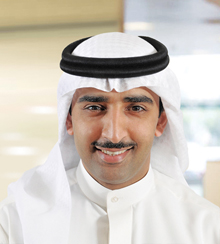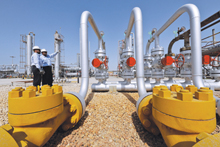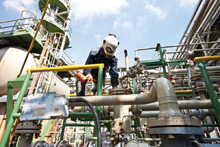
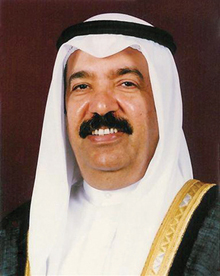 Sheikh Isa ... high level of professionalism is the key to success
Sheikh Isa ... high level of professionalism is the key to success
BAHRAIN-BASED Gulf Petrochemical Industries Company (GPIC), in an unprecedented achievement, was able to register a total annual production of 1,594,487 tonnes of ammonia, urea and methanol during 2013, 3 per cent more than the budgeted level.
It had also achieved in 2013 its highest monthly production of methanol since its inception, which amounted to 1,254 metric tonnes.
Speaking about GPIC’s productivity, GPIC president Abdulrahman Jawahery says the company had witnessed a great deal of improvement especially in the wake of completing the plant turnaround in the fourth quarter of 2012, contributing to increased daily production levels.
The urea plant enjoyed a remarkable year in terms of its daily output of 1,946 tonnes and monthly production of 61,549 tonnes. Its annual production totalled 687,686 tonnes since the plant went on stream in 1998.
The methanol plant’s performance was equally high with daily and monthly production at 1,269 tonnes and 38,714 tonnes respectively. Such improvement has been the result of the company‘s ten-year preventative and routine maintenance plans that significantly contributed to such improvement in production levels.
On the other hand, Jawahery says, the company was able to achieve record export figures through exports totalling 1,192,300 tonnes of ammonia, urea and methanol, an increase of 3 per cent above targeted levels for 2013 according to the marketing plans and contractual commitments.
GPIC products were shipped on board 66 vessels and bulk carriers. In December 2013 the company registered the shipping of the biggest export quantity in one month totalling 117,685 tonnes of urea, which exceeded the earlier achievement witnessed in March 1999 when exports totalled 113,328 tonnes.
The US had the biggest share of GPIC exports as it accounted for 37 per cent of ammonia, urea and methanol. Its share of the total urea exports accounted for 52 per cent while China had a share of 22 per cent of total exports.
The latter’s share of methanol exports stood at 57 per cent. For the first time in its history, GPIC was able to export a quantity of 51,005 tonnes to Uruguay and 27,500 tonnes to Bangladesh. In June 2013 GPIC marked the loading of the ship Stolt Sneland, which was the vessel No 2,000 since the start of exports back in 1985, Indeed, this was a significant achievement in the company’s history, he says. It carried 6,193 tonnes of methanol exported to the US.
Meanwhile, Sheikh Isa bin Ali Al Khalifa, Adviser to HRH the Prime Minister for Industrial and Oil Affairs and GPIC chairman, expressed his pride and pleasure at the remarkable results, significant achievements and record figures registered by the company’s staff members. The company chairman specially lauded the brilliant results achieved by the national employees who were the core of the company‘s success during the year.
“With their high level of professionalism and loyalty, the company was able to achieve all its targeted figures in spite of the challenges witnessed by the regional and international petrochemical and fertiliser markets,” he says.
Sheikh Isa had many words of praise for GPIC’s achievements during the year and says the company’s plant turnaround was successfully completed in early December 2012 which further enhanced the dependability of the its plants and operations.
This has been made possible by the commitment of the employees and their continuous efforts to work as one team, which allowed the company to realise clear unprecedented highest daily and monthly product output. This is a clear demonstration of the soundness of procedures, devised policy and management acumen, he says.
Jawahery says the company‘s achievements have grown on many levels such as production, exports, safety, environment and management systems. He notes in particular the company’s achievement in terms of winning numerous prestigious awards during the year and its constant pursuit to achieve sustainable development in its business activities and corporate responsibility, which is regarded as the main priority for the company.
Commenting about the 2013 achievements, Jawahery describes the year as a period of challenges during which the company was able to develop many of its management systems to keep abreast with the industrial sector which relies on natural gas in the manufacture of petrochemicals and chemicals.
 |
|
Care for the environment at GPIC |
However, in the wake of completing the historic turnaround exercise involving overall maintenance of the plants GPIC was able to complete the maintenance operation within the fixed period and according to plan. This has enabled GPIC to meet its obligations towards its customers. He adds the company has recently been able to obtain ISO22301 certification with respect to business continuity management through a planned programme to meet the challenges that may obstruct the company’s business operations moving forward.
He notes that GPIC was the first industrial organisation to obtain this professional award in the Arabian Gulf region.
Speaking about the significant safety achievements, the GPIC president says the company was able to register almost 4,721 working days without lost time accidents or the equivalent of more than 16.6 million man-hours, which was a huge challenge not only on the level of achieved figures but also with regard to the continuous protection of the workers’ safety and health.
He also notes that the company was recently able to win the Safety Excellence Certificate which was awarded by the British Safety Council for the sixth successive time in addition to winning the Petrochemical Plaque for Health and Safety from the Royal Society for Prevention of Accidents (RoSPA) for the thirteenth successive year.
Moreover, the company was able to win a number of prestigious awards from various regional and international societies and entities.
Outlining the GPIC strategy, Jawahery says the main focus in the company is on the development and enhancement of the skills of human resources as a key to maintaining the high level of performance. With the above in mind, GPIC has been able to build up a qualified and dynamic workforce which keeps enriching the company with the experience gained over the years. He emphasises that the success achieved by the company today was the outcome of all these efforts. He further says his selection to win the Award for the Best Corporate President in 2012 by the Ministry of Labour cannot be considered as a personal achievement but it is a reward representing team work. The company‘s win of the e-Government Excellence Award 2013 in the area of e-learning is yet another evidence of GPIC’s ambition to develop an effective workforce and healthy work environment that motivates workers to contribute to the growth and prosperity of their organisation.
Jawahery stresses the importance of furthering the principle of equal opportunities amongst the workers to maintain justice and to develop competitiveness among the employees to enhance their abilities and to increase their productivity. Therefore, the company announced the initiative to form the Equal Opportunities Committee in response to a proposal from HRH Princess Sabika bint Ebrahim Al Khalifa, wife of His Majesty the King and Chairperson of the Supreme Council for Women (SCW).
This newly formed group is the first of its kind to be created in the private sector and has the blessings of the company‘s board of directors. It will play a crucial role in achieving justice without discrimination at all levels including job opportunities, training, development and occupying key and senior positions. This committee, he says, holds regular meetings with the participation of SCW representatives. In brief, the formation of this committee will help ensure justice and transparency in giving equal opportunities to the female employees without discrimination.
As part of the ongoing development of the company‘s management systems, Jawahery says the company reviewed its management systems throughout the year to keep abreast of the latest developments.
In this regard, GPIC has recently received the RC 14001 certification from the American Chemical Council, which is considered as a recognition of the company‘s commitment to apply the Responsible Care Standards related to health, safety, environment and logistics security.
The company was able to achieve these levels within a record period of time following the completion of audits by a recognised certification authority. GPIC wass also able to ensure the continuity of its operations and application of the requirements of responsible care at all times.
In co-ordination with Det Norske Veritas (DNV), the company was able to complete the first evening audit of its installations. The GPIC president reiterates that this audit has proved the effectiveness and efficiency of all procedures and processes applied in GPIC at all times without any issues or loopholes in applying standards and requirements of the company‘s management systems.
On the other hand, GPIC actively took part in the US Global Compact Summit Conference 2013 which was held under the chairmanship of Secretary General Ban Ki-moon at the UN headquarters in New York. Attendance of this event won the praise of the UN Secretary General and other delegates who totalled 1,000 representatives.
All these achievements could not have been possible without the strong support received from the GPIC Board of Directors led by Sheikh Isa and other members of the board in addition to the concern and follow up by the executive management and employees who dedicate all their efforts for the growth and wellbeing of the company.
Jawahery praises the significant co-operation of Saudi Basic Industries Corporation (Sabic) the authorised methanol marketer and Kuwait’s Petrochemical Industries Company (PIC), the authorised marketer of ammonia and urea through whom GPIC was able to export all its products and achieve attractive returns from the sales and maintaining safe levels of stocks to ensure the continuous and safe operation of the plants.
Meanwhile, GPIC has won the Saudi Arabian Award for Environmental Management in the Arab world category for the second consecutive time. The award, instituted by Arab Organisation for Management Development, one of the leading Arab League agencies, was received on behalf of the company by general manager-manufacturing Fadhel Ansari.
The award was handed over by general president of Meteorology and Environment, Kingdom of Saudi Arabia, at the function held at Islamic Educational, Scientific and Cultural headquarters in the Moroccan capital, Rabat.
The Minister of the Environment of Morocco and the director-general of the Organisation of the Islamic Educational, Scientific and Cultural Organisation and the Director-General of the Arab Organisation for Administrative Development and the Secretary General of the Arab Maghreb Union, Arab ambassadors and representatives from international organisations in the Kingdom of Morocco were present during the function.
Jawahery congratulated the board of directors on the achievement, which testifies the holistic approach to the environment. GPIC has received numerous regional and international awards in the field of safety, health and the environment, in addition to being an active member of the Global Compact of the United Nations. The Environmental Management Award, which was started in 2002, is presented every two years to Arab countries.
GPIC was founded on December 5, 1979 as a nucleus for collaboration among Gulf Cooperation Council member states for the manufacture of fertilisers and petrochemicals by utilising Bahraini natural gas as a feedstock. The joint venture is equally owned by the Government of the Kingdom of Bahrain though the National Oil and Gas Authority (Noga); Saudi Basic Industries Corporation, Saudi Arabia; and Petrochemical Industries Company, Kuwait. The company‘s board of directors comprises representatives from the three shareholders.
Built on 60 acres of reclaimed land at Sitra Island, the project initially consisted of two plants: ammonia and methanol together with their utilities. The plants were commissioned in May 1985, each with a capacity of 1,000 metric tonnes per day. In 1989, their capacities were further increased to 1,200 tonnes each per day.
Due to its success in the production and marketing of its products, and to capitalise further on ammonia production, GPIC decided to expand its operations and built a 1,700 metric tonnes per day urea plant that was commissioned in 1998. This plant included its own utilities and urea handling facilities to export finest quality granular urea worldwide.
GPIC continues to produce more than 1.46 million tonnes per annum of high quality products out of which nearly 1.2 million tonnes are exported around the world. GPIC prides itself on its excellent record in safety, continuous production runs and environmental achievements. The company has won numerous awards, prizes and appreciation certificates locally, regionally and internationally.
Through its distinguished environmental projects, the company has proved that industry and the environment can harmoniously exist side by side. GPIC looks to the future as a prominent producer and exporter of quality petrochemical and fertiliser products to the whole world. To maintain this select status, considerable efforts and investments have been made to upgrade major plant equipment and modernise control and management systems at the complex. Plans for expansion are also well under way to construct new mega scale ammonia and urea plants in the coming years.
GPIC MANAGEMENT SYSTEMS
The GPIC leadership is fully committed in its endeavours to synthesise the best from world health, safety, security and social responsibility standards to build a truly robust risk management regime. The company‘s management systems are fully certified to IS0-9001:2008 quality standard, IS0-14001:2004 environmental standard, the Occupational Health and Safety Management System’s OHSAS- 18001:2007 standard and the Responsible Care Standard RC 14001:2008.
The company has also acquired the IS0 27001:2005 certification for its Information Technology Security Management System. In addition to the above, the company has also complied with and fulfilled all the requirements of the non-certifiable Bahrain Corporate Governance Code, ISO 26000 Social Responsibility, Process Safety Management Guidelines and IS0-31000 Risk Management.
GPIC is also the first petrochemical company in the Arabian Gulf to successfully complete all the requirements and gain accreditation from the British Standard Institute BSI for the PAS-99 (Publicly Available Specification) model, the world’s first Integrated Management System, followed in 2013 by another first in the shape of the much coveted IS0-22301 Business Continuity Management Certification.
MANAGEMENT APPROACH
GPIC is proud of its employees and considers them as the most important assets of the company. Whilst the executive management sets the vision, goals, objectives and policies of the company, these elements are discussed and explained to all levels and posted at key locations.
The management team also regularly publish statistics that reflect the company‘s progress to all staff, electronically and on notice boards. The one team spirit is propagated throughout the organisation on a daily basis through coordination meetings, social activities inside and outside the complex and special functions.
The executive management has also formed a number of committees such as the Safety Committee, Health Committee, Environment Committee, Training Development & Mentoring Committee, Social Activities Committee, Suggestions & Best Practices Committee, Innovation & Patent Committee and the Process Safety Management Committee to name a few. All these committees work together with each other to achieve the objectives set forth by the management of the company. As part of the company‘s responsibility to respect the human rights of women, in June 2013, under the directives of HRH Princess Sabeeka bint Ibrahim AI Khalifa, Wife of His Majesty the King and President of the Supreme Council for Women (SCW); GPIC introduced an Equal Opportunities Committee in cooperation with the SCW’s integration of Women’s Needs Department. The number of female employees at GPIC as of 1 June 2013 stands at 49, which is the highest number since inception.
In recognition of promoting team work and achieving excellence in employee engagement, GPIC was awarded the much sought after Aon-Hewitt Best Employer award 2013 on exhibiting outstanding employee engagement and the IFTDO Award 2013 for Excellence in Human Resource Development.
TRAINING AND DEVELOPMENT
GPIC lays special emphasis on the training and development of its employees and for this purpose a substantial amount of money has been invested in the Bahrainisation and employee development programmes since inception, including the lean years when the company‘s financial resources were limited.
The percentage of Bahrainis in the company is currently in excess of 90 per cent and this percentage is rising annually. Since inception a considerable number of Bahraini personnel have been trained to take up permanent senior positions in the company‘s organisation.
In addition, the GPIC Academy of Leadership and Learning arranges a large number of development courses every year to ensure a well-educated workforce which is able to meet the rigorous demands of the dynamic international petrochemical industry.
At GPIC, in-house training is complimented by the use of local and international institutions, together with company sponsorship of staff in local and overseas universities. The Academy of Leadership and Learning (ALL) at GPIC has state of the art facilities to train its employees and keep them abreast of the latest developments in the field of petrochemicals.
There is a top class theatre hall, a central library, plant models, training simulators, audio visual centre, class rooms and the more recently inaugurated E-learning centre which is the first of its kind in the entire Arabian Gulf region.
In May 2009 GPIC won the Labour Ministry Award for being the first enterprise to be exempted from the occupational training subscription fees, owing to its outstanding record in training and development of human resources in 2008. In 2009, the company won the Award of the Best company in Using E-Learning Solutions in the Middle East. In May 2010, GPIC won the Award of the Outstanding Gulf company in the Localisation of Jobs and Development of Manpower by the GCC. Labour Ministers Council for the second time.
In 2011, GPIC won the Best Learning Life Cycle Management Award from Skillsoft, a leading company in the field of e-learning in the Middle East. The company is strongly committed and believes in equal employment opportunities for both men and women. The steps taken by the company in this regard are highlighted by the rising numbers of women employees on the company payrolls every year.
SAFETY AND HEALTH
Safety assumes special importance in the petrochemicals industry due to the nature of processes that employ flammable gases, high pressures, electrical risks and the presence of high-speed machines. For this purpose, GPIC employs a stringent risk management policy that has resulted in achieving more than 16 million hours without any lost-time accidents.
GPIC’s record of achievements in safety is outstanding by all standards. The company has won eight consecutive golden awards from the Royal Society for the Prevention of Accident (RoSPA) UK.
In 2001, GPIC won the international sector award for the petrochemical industry from RoSPA. These achievements were further complemented when GPIC won the prestigious Sir George Earle Trophy from RoSPA in 2005, which is awarded to an organisation for the most outstanding performance in occupational safety and health worldwide.
It is notable that GPIC has become the first organisation outside Europe and North America to be awarded with this prestigious trophy. In 2008, GPIC was awarded the Robert Campbell Safety Award from the National Safety Council, USA in recognition of the company‘s strict adherence to and constant development of its occupational health and safety systems.
The company also won the highly acclaimed International Safety award from the British Safety Council in addition to the 2008 Excellence Award in the Chemical Sector for Occupational Health and Safety from the Royal Society for the Prevention of Accidents (RoSPA) UK.
The company has also won the Arabia CSR award consecutively for the last three years, which in itself is a recognition of the company’s unwavering commitment and ongoing contribution to social responsibility. The GPIC complex is supported by a modern health centre managed by an experienced doctor, assisted by qualified nurses and equipped with state of the art medical equipment. The centre provides its services 24 hours a day throughout the week. These services include primary care, first aid and periodical check-ups for all employees. In addition to the facilities provided at the Health Centre, since 2007 the company has introduced a comprehensive health insurance policy for not only the employees of GPIC but also their families and dependents. This facility provides complete health coverage throughout Bahrain and the world over for GPIC employees and their families.
A large number of the company staff have also been trained as qualified first aiders to assist the health centre when needed. Furthermore, the centre in coordination with the labour union, regularly organises blood donation campaigns to supplement reserves at the Blood Bank of the Ministry of Health.
The Executive Management has also appointed a Health Committee, which regularly inspects the canteen premises and other food outlets at the complex to ensure the highest level of hygiene is maintained. The Committee also organises a number of lectures annually to cover various health issues.
COMMITMENT TO SUSTAINABILITY
GPIC’s focus on sustainability is embedded and reflected in all the company‘s activities that is strategy, operations and daily actions. GPIC’s sustainability strategy reflects the company‘s commitment to addressing social and environmental challenges and reducing its global footprint as it profitably operates and grows.
GPIC has demonstrated this commitment and passion to corporate sustainability by joining ranks with the leading organisations worldwide by becoming a permanent member of the United Nations Global Compact (UNGC) in 2012.
By doing so, GPIC has committed to advancing the UN Global Compact principles in the areas of Human Rights, Labour Standards, Environment and Anti-Corruption. Moreover, in continuation with its strides towards sustainability and corporate social responsibility, GPIC published its first sustainability report on GRI guidelines in 2012.
Being a permanent member of the UN Global Compact since 2012, GPIC reaffirmed its commitment to the UN Global Compact by issuing its annual Communication on Progress (COP) in June 2013. The COP is a public disclosure to stakeholders on progress made in implementing the ten principles of the UN Global Compact, and in supporting broader UN Development Goals.
The COP is the most visible expression of GPIC’s commitment to the Global Compact and its principles, it advances transparency and accountability and drives continuous performance improvement. In continuation with its strides towards sustainability and corporate social responsibility, GPIC will be publishing its second biennial sustainability report on GRI Guidelines in 2014.
ENVIRONMENTAL PROTECTION
Since its inception, GPIC has felt the need for maintaining harmony and environmental balance. The petrochemical project’s environmental impact was thoroughly examined and studied at the onset and all the necessary measures and steps were then taken to maintain such a balance. Although more than 28 years have passed since the company‘s plants went on stream, all the plants to-date are operated under stringent national and international environmental standards. Internal performance data is routinely checked and reported to regulatory authorities.
The urea plant, which came into operation in 1998, was subjected to the same stringent environmental review at the design stage. GPIC insisted on installing a granulation process for the production of the final solid product, rather than the more conventional prilling process, despite the higher cost of construction and licensing. The choice of this technology has paid off and has resulted in reduced emissions of urea dust.
 |
|
Jawahery ... presiding over a year of |
In 2001, GPIC, in collaboration with the Ministry of Education, embarked on conducting the Environmental Awareness Lectures to Public and Private schools in Bahrain every year. To date, the programme has completed 311 visits to schoo ls in Bahrain and more than 24,000 students have benefited from the lectures. The Environmental Awareness Programme for schools is one of the company‘s initiatives towards protecting the environment and society. It aims to enhance the awareness of students regarding major local, regional and global environmental issues. GPIC’s experience in minimising pollution and developing our surrounding environment is also highlighted and disseminated throughout the lectures.
In 2004, GPIC launched its Environment Research Programme – Environment Award for secondary school students in collaboration with the Ministry of Education, under which the company funds 20 research projects annually and rewards the top three projects. This interactive initiative allows students to suggest their own research topics as well. The topics that GPIC has sponsored over the years cover a range of environmental issues, such as, the effects of using water saving devices on water consumption, the impact of the Kena-Capris tree plantation on the environment, the impact of materials used in coastal reclamation, 101 practical ways for domestic waste management and many others.
In 2007, The International Dilmun Award was launched. This environmental award is sponsored by GPIC as part of the Royal Society for the Prevention of Accidents (RoSPA) awards programme. The name ‘Dilmun’ was given to reflect the history of Bahrain and in recognition of GPIC’s commitment and contribution to safety, health and the environment.
In 2008, GPIC became one of the first petrochemical companies in the Middle East to embark on the 450 tonnes a day Carbon Dioxide Recovery (CDR) Project. The project was initiated to cut down Green House gas emissions and improve the overall efficiency of resources by having additional production of methanol and urea at its complex.
In addition to the above, the company has been a staunch supporter of the United Nations Environmental Programme (UNEP) at both local and international levels, and has actively participated in several initiatives and campaigns spearheaded by UNEP.
GPIC considers itself a role model in the protection of the environment and was the first industrial company to use practical demonstration projects to verify the environmental credentials of its operations. Though GPIC’s site is built on an environmentally unpromising 60 hectares of reclaimed land consisting of sand and rock; GPIC has managed to create award-winning gardens, a bird sanctuary and a fish farm. The fish farm is placed strategically adjacent to and downstream from the plant’s effluent discharge to the sea. GPIC’s fish would therefore be the first to suffer from any pollution in the effluent.
Instead, the fish are thriving and spawning, indicating the care with which the plants are operated, safeguarding the environment and the surrounding eco-system. Every year, thousands of fish are released into the Arabian Gulf to replenish depleted stocks whilst many of the remainder are given, together with dates from the plant’s date palms, to local charities.
Charity Garden: GPIC launched its environmental programme in March 1992 with a Charity Garden. Built on an area of 1,500 sq m, this garden has yielded more than 14 tonnes of fruit and vegetables that are donated to charities and families in need. Recently, fruit trees and date palms have also been added to enhance the output of the Charity Garden.
Fish Farm: With the aim of demonstrating environmental accountability, setting a good example to other industries and replenishing dwindling fish reserves in regional waters, the company embarked on constructing a fish farm close to the sea water outlet in November 1996. Different kinds of tropical fish found in Bahrain’s waters, like Black Sea Bream (Shim), Mullet (Meid) and Rabbit fish (Saffee), are being reared and bred in the fish farm so that their growth can take place in a congenial atmosphere. Later, these fish are released into the sea. GPIC Executive Management also ensures that some of the fish harvested go to charity.
Bird Sanctuary: The evident improvement in the environment around GPIC has encouraged GPIC’s Executive Management to further enhance its special focus on the surroundings and especially Bahrain’s bird life. The bird sanctuary was commissioned on September 9, 2001 where a small nesting area and a fresh pond were created for the birds to enjoy a natural habitat, with a view to the continual improvement of the environment around the GPIC complex.
 |
|
GPIC ... employees are the |
Built on a coastal strip of 600,000 sq m, the sanctuary provides a safe haven for migrating birds, waders and local species. Over 70 species have been recorded visiting the island. 2000 mangrove trees were also planted around the island to enhance the natural habitat. Today, the mangroves have grown in number and size and are playing an important role in marine ecology and environmental protection.
Herbal and Medicinal Plants Garden: To demonstrate the eco-friendliness of its operations, GPIC has implemented a number of projects inside and outside its complex. The latest of which is the Herbal and Medical Plants Garden inaugurated in May 2005 under the patronage of His Highness Sheikh Abdullah bin Hamad AI Khalifa, chairman of the Public Commission for the Protection of Marine Resources, Environment and Wildlife.
Covering an area of 1200 sq m, this innovative project was launched with the prime objective of preserving indigenous herbs and plants that were once used by inhabitants to treat various illnesses. The garden currently contains 20 types of herbs and shrubs. This garden has also become a very useful platform for researchers, school students and dignitaries from which to benefit. These efforts have contributed greatly to GPIC winning several accolades, including the GCC Environmental Award for the Best Establishment Adhering to Environmental Legislations.
HRH Sheikha Sabika bint Ibrahim AI Khalifa Aromatic Plants Garden: In March 2009, Her Highness Sheikha Sabika bint Ibrahim AI Khalifa, wife of His Majesty the King, inaugurated the Aromatic Plants Garden at the GPIC Complex bearing her name. This is a unique garden mainly designed to feature all the perfumed aromatic plants and herbs in the kingdom.
Queen Margrethe II Olive Oasis: Queen Margrethe II of Denmark, accompanied by Prince Henrick, visited GPIC on February 5, 2011. During her visit, the Queen of Denmark opened the Olive Tree Oasis named the “Queen Margrethe II Olive Oasis” in commemoration of the Queen’s visit to GPIC. The Oasis contains more than 300 plants.
Green belt at GPIC: Tree plantation and care for the environment is taken up very religiously at GPIC. At present, the GPIC complex has more than 2870 trees and plants. Expansion of the green belt at the company‘s periphery in the second quarter of 2013 has increased the green area to 83,473 sq m, which is 12.64 per cent of the total area of 660,000 sq m.
CONTRIBUTION TO ECONOMY
From the onset of production in 1985, GPIC has increased its profitability year after year and paid generous dividends to the shareholders. In addition to providing employment opportunities to the nationals, the company also gives special priority to local contractors and suppliers to supply and carry out services, thus further invigorating the local economy.
Moreover, GPIC also donates more than $1 million annually to scientific research institutions, charities and cultural and sport activities. To complement all the above, GPIC also shares its experience with other organisations and institutions to modernise education, training, safety and environmental systems at the national level; enhancing further its support to the economy.



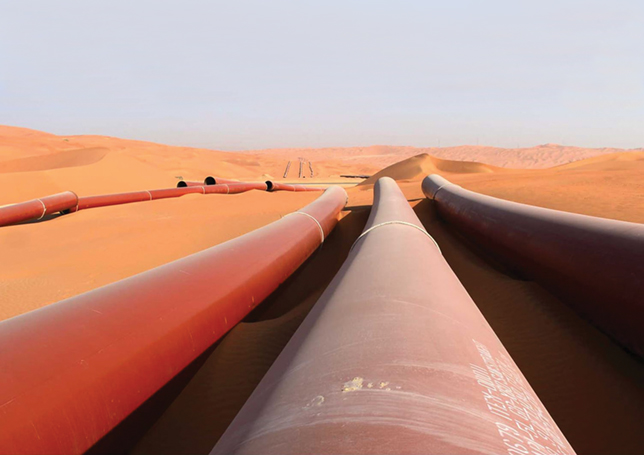
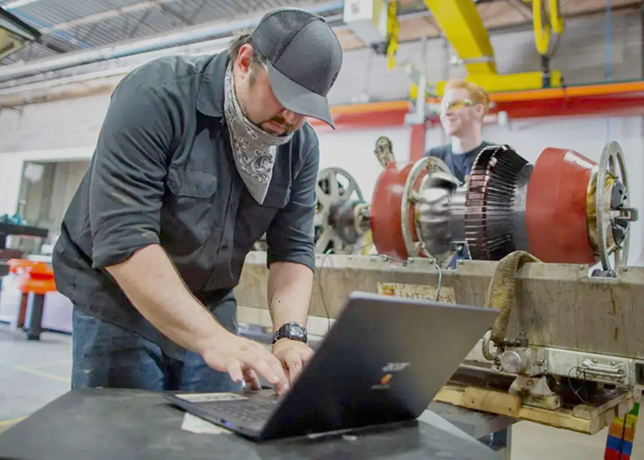



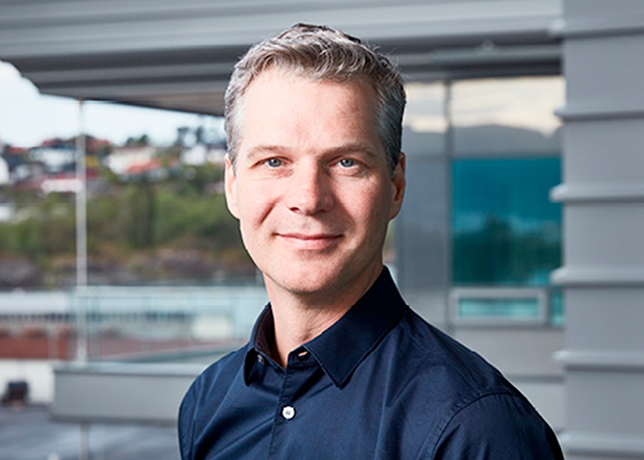
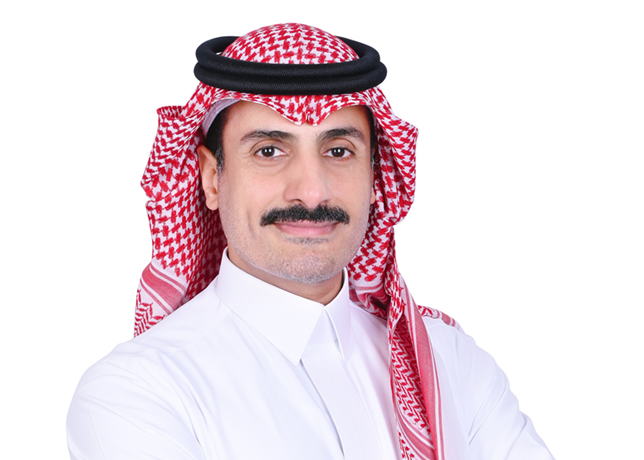
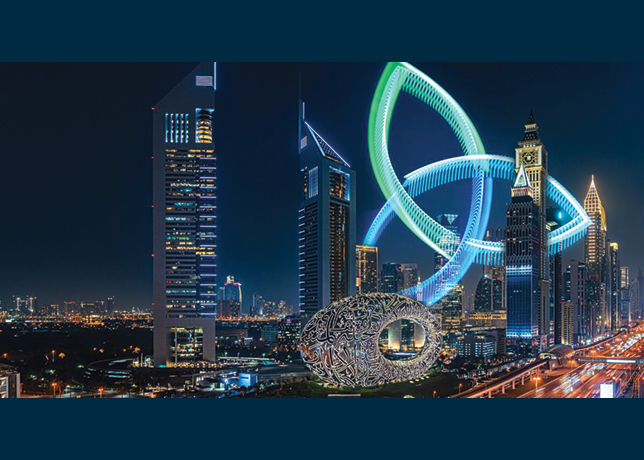
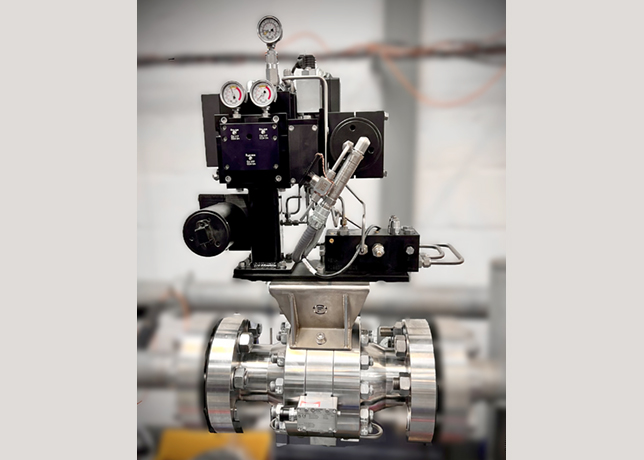
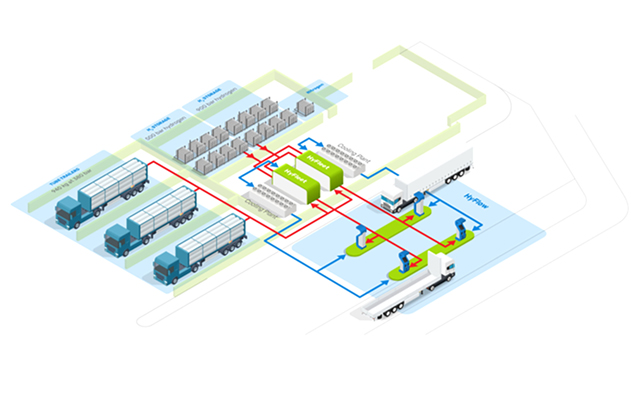
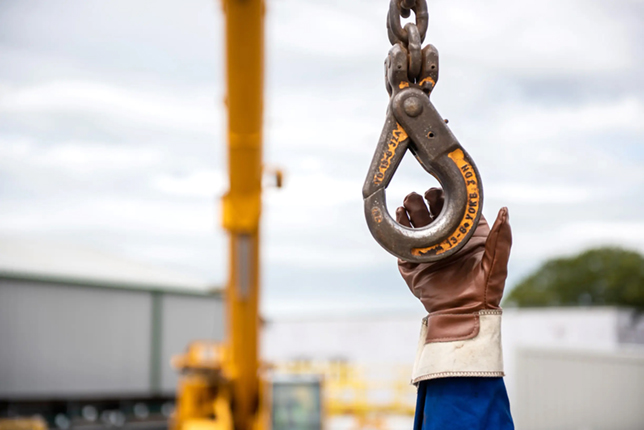
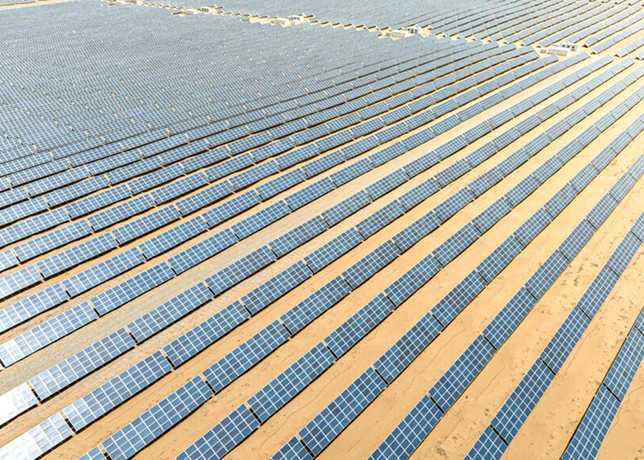

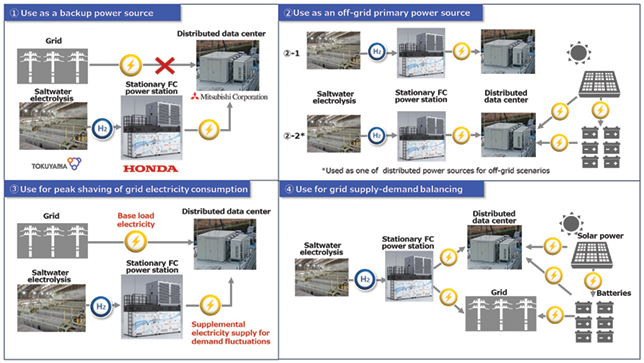
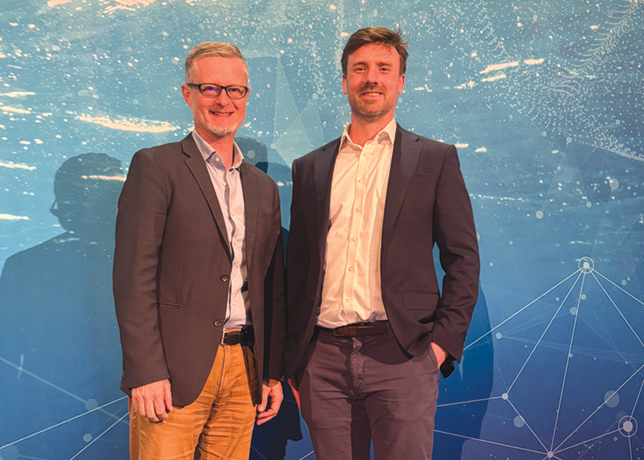

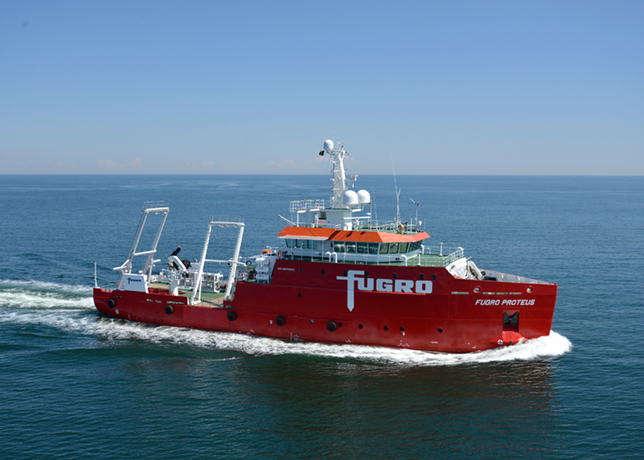

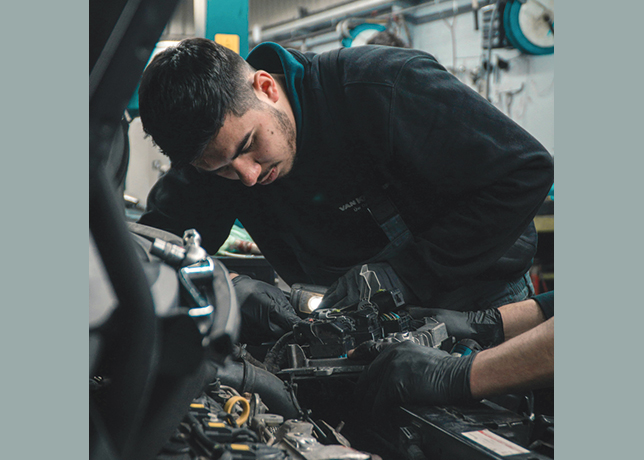
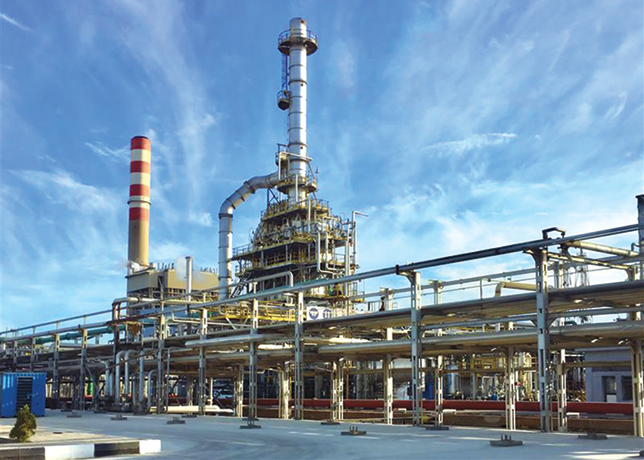
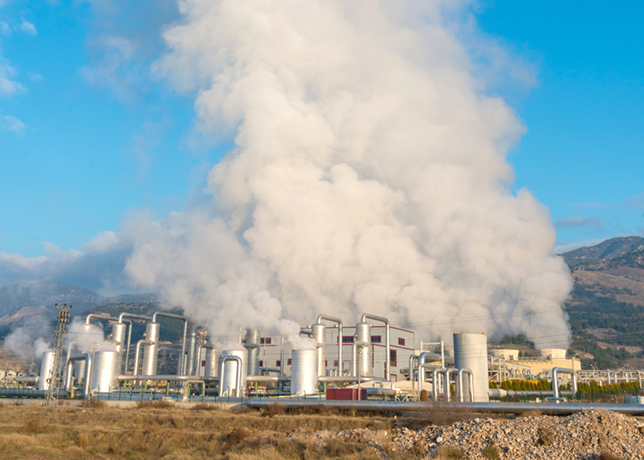
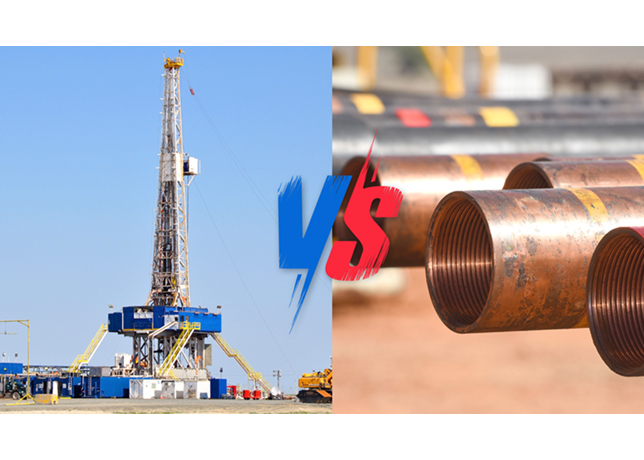
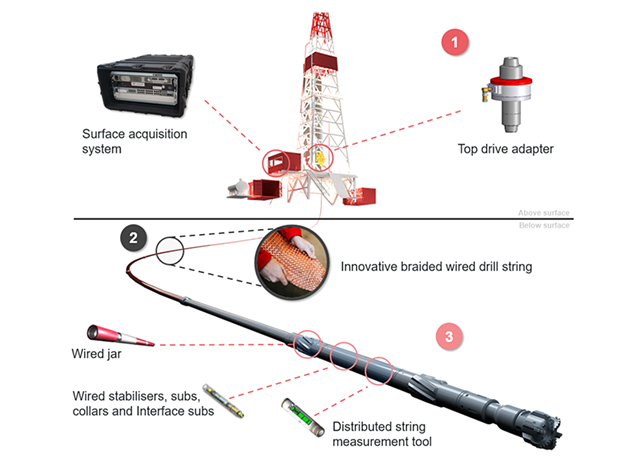
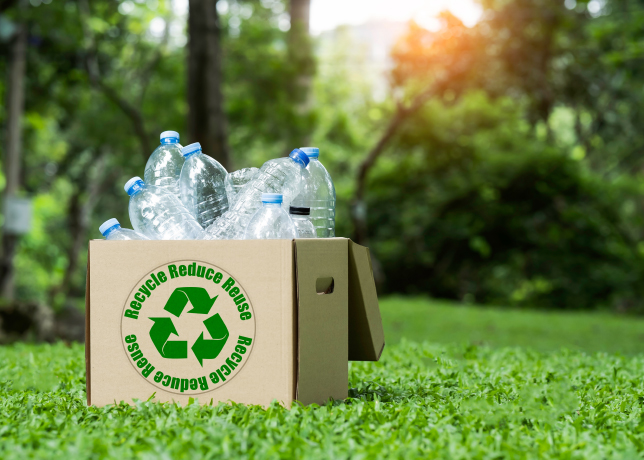
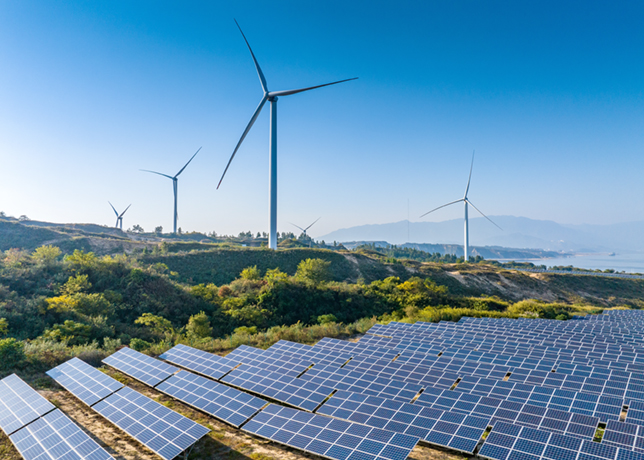




-is-one-of-the-world.jpg)
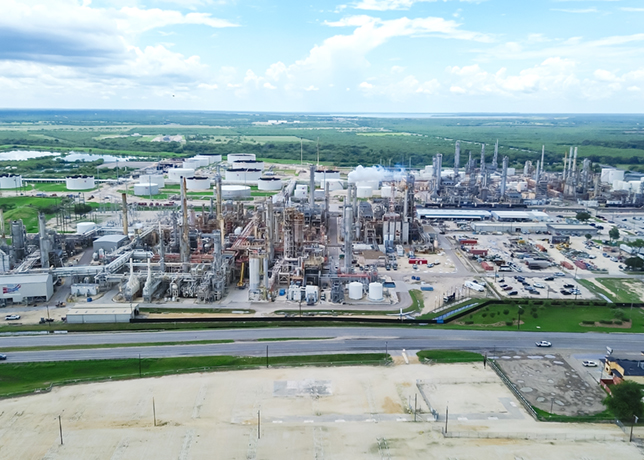
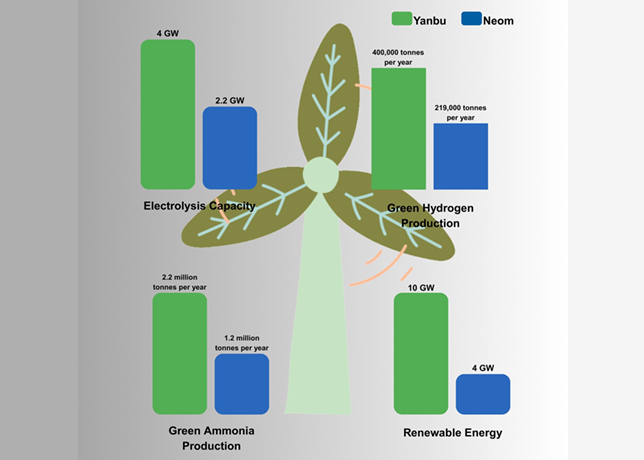
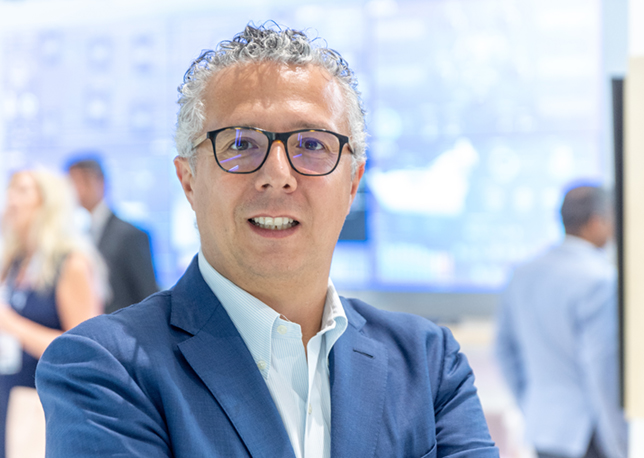
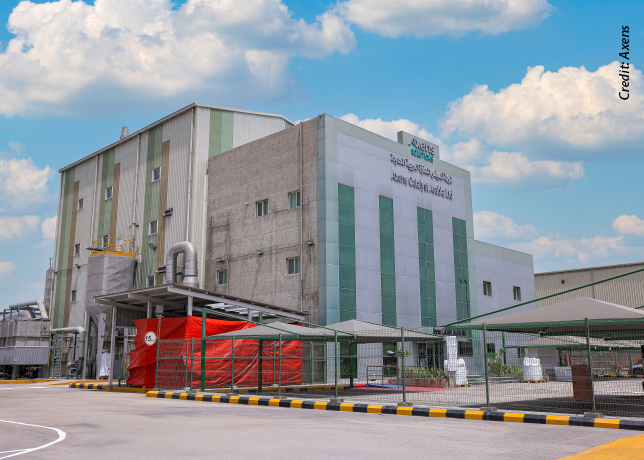
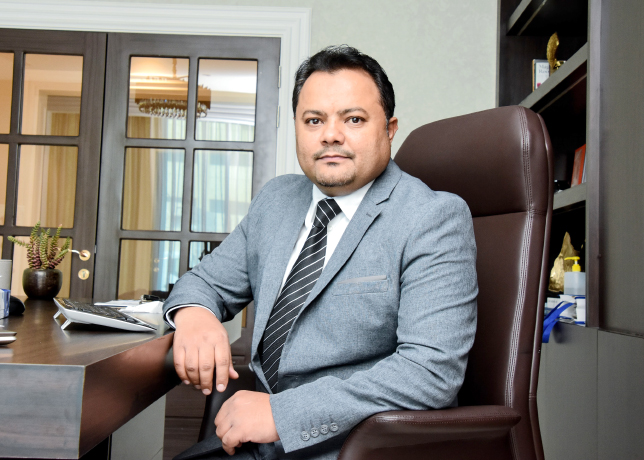
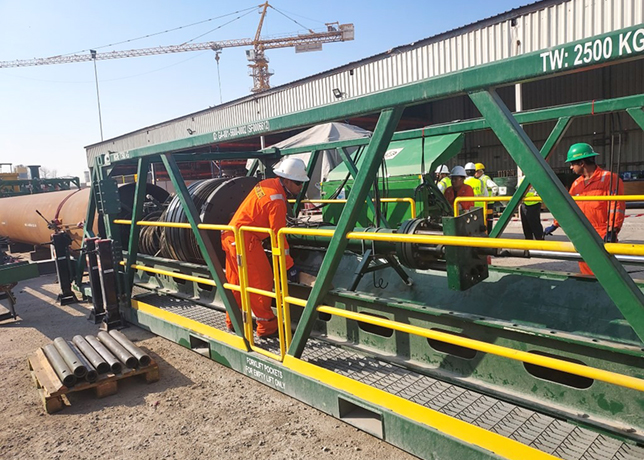
-(4)-caption-in-text.jpg)
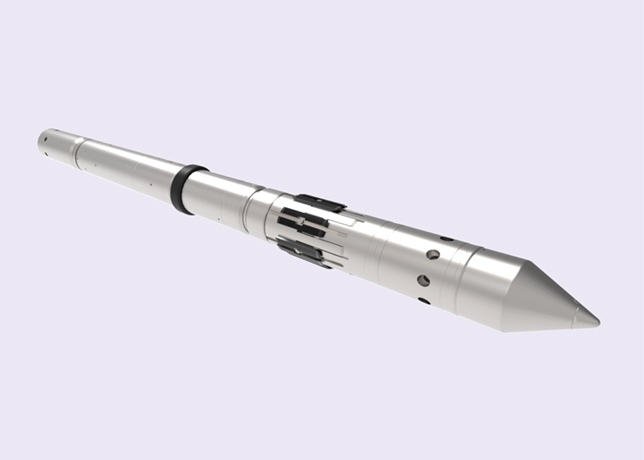
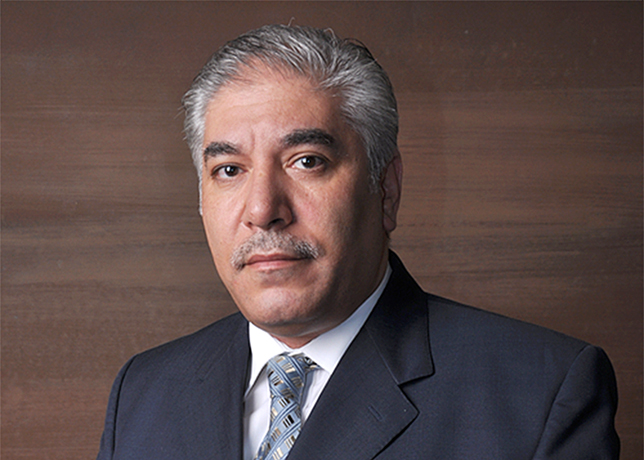
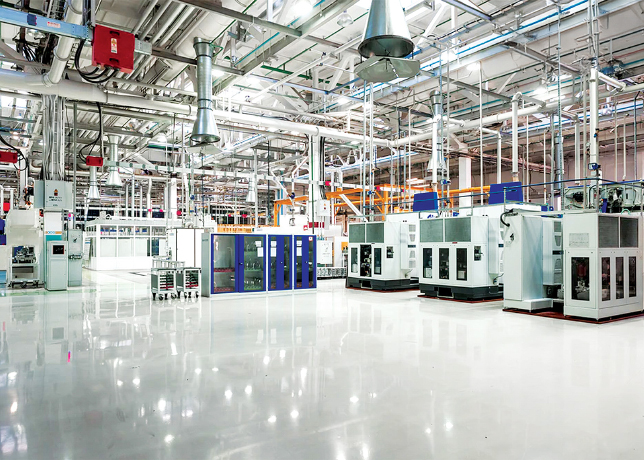
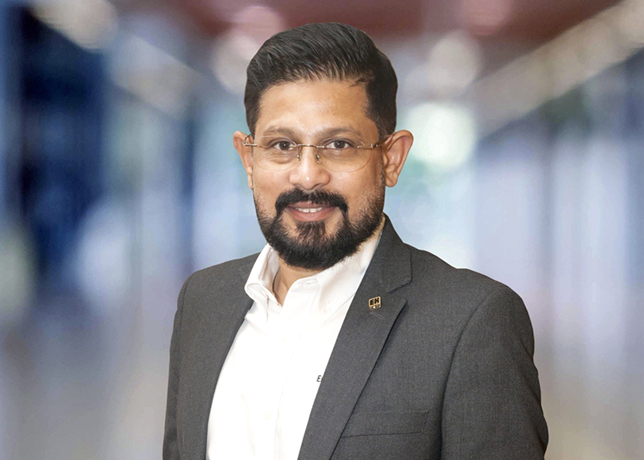
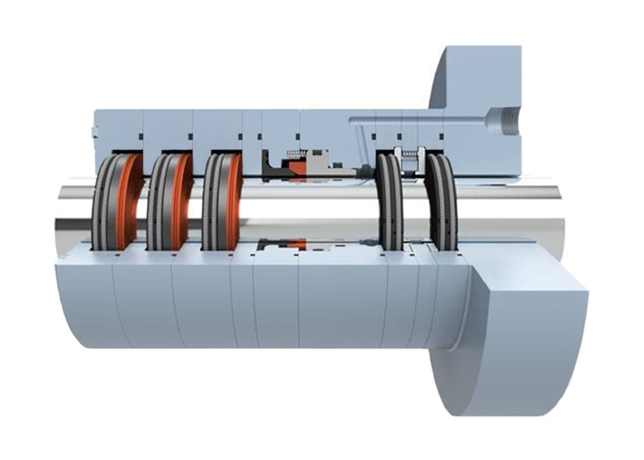

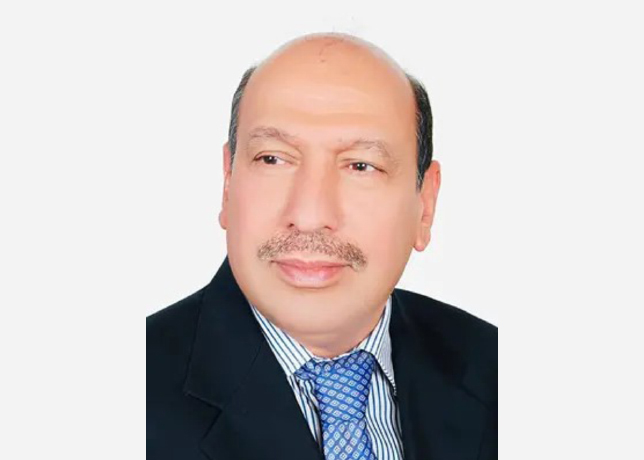
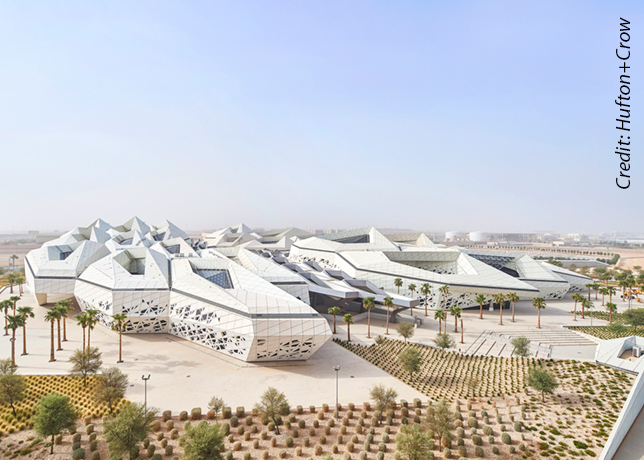
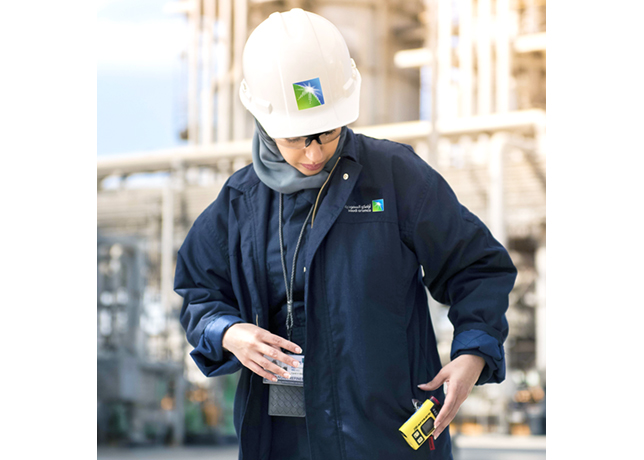
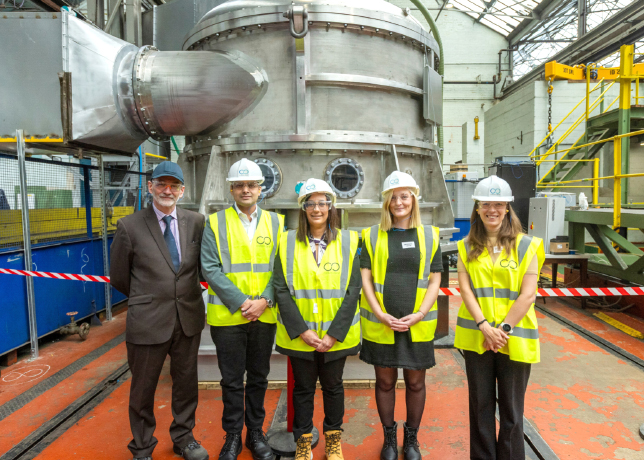
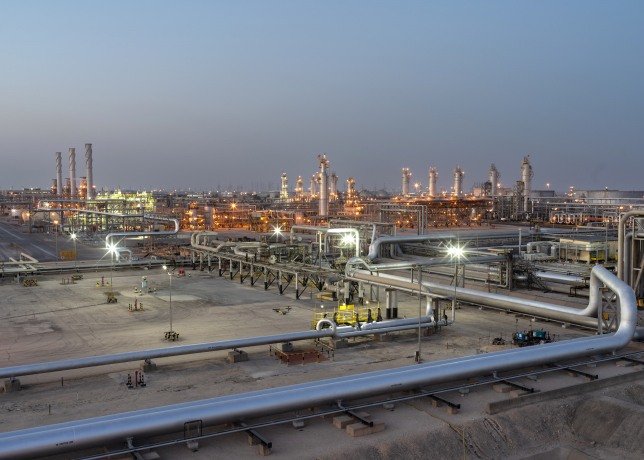
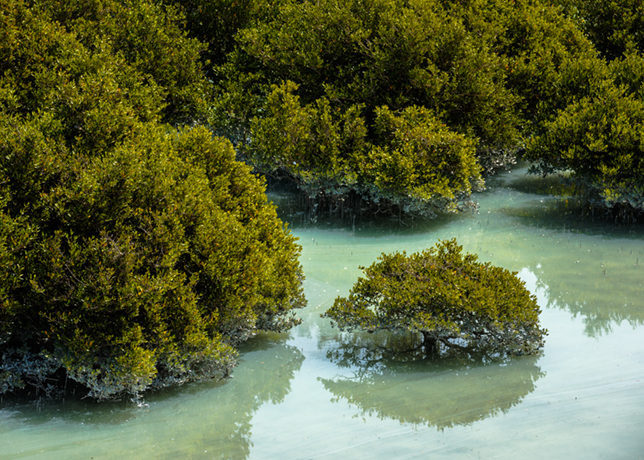
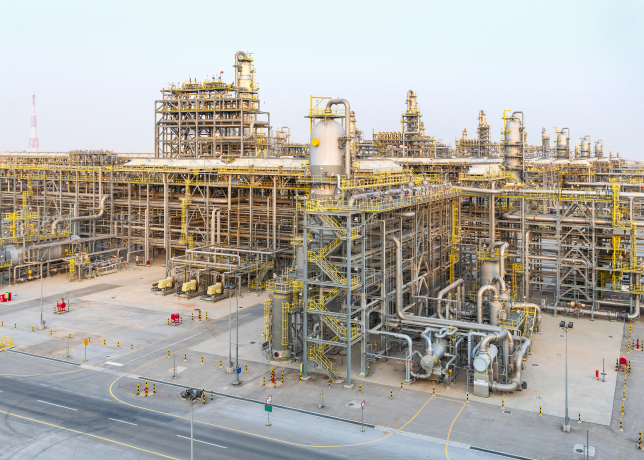
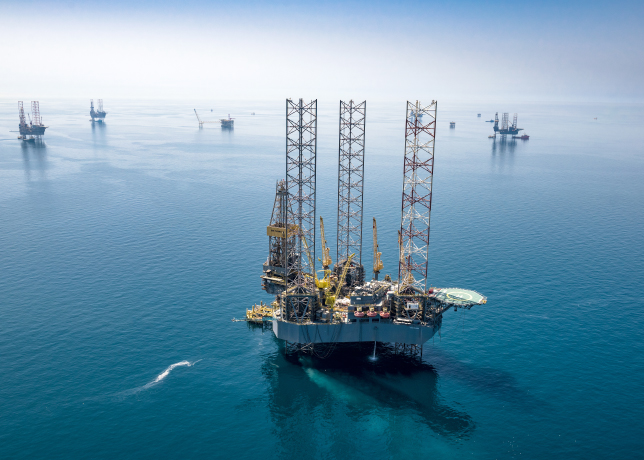

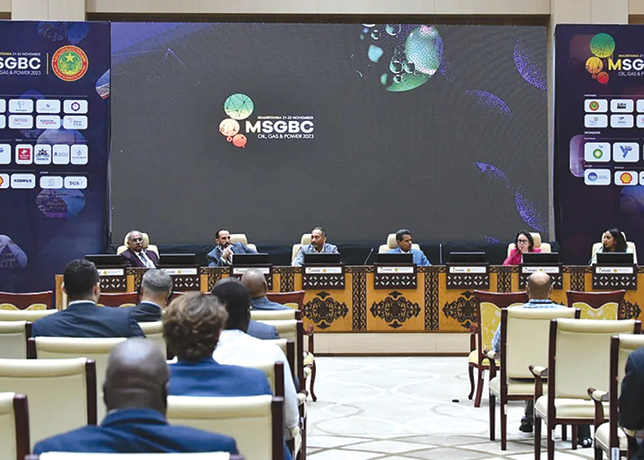
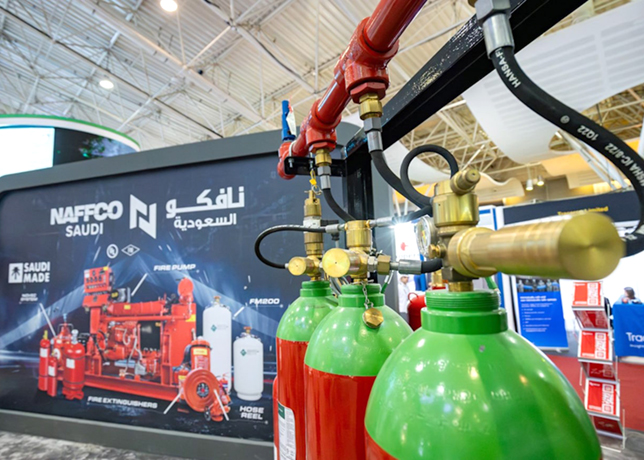
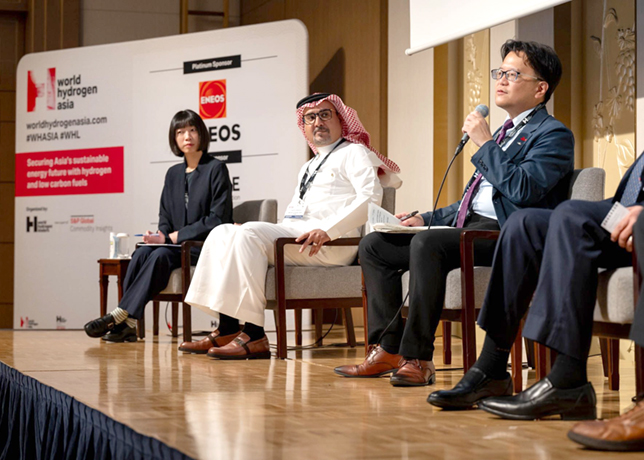
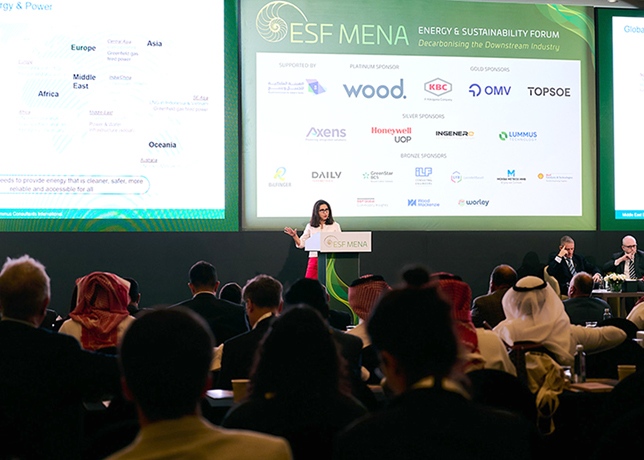
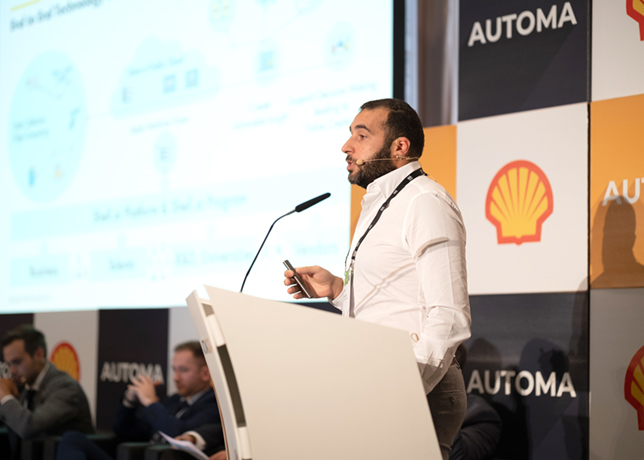
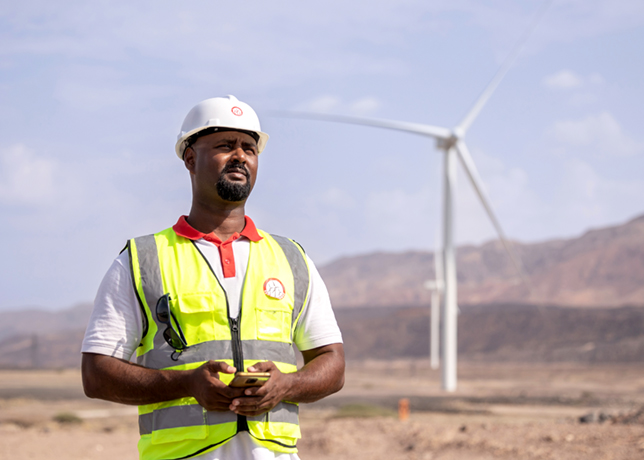
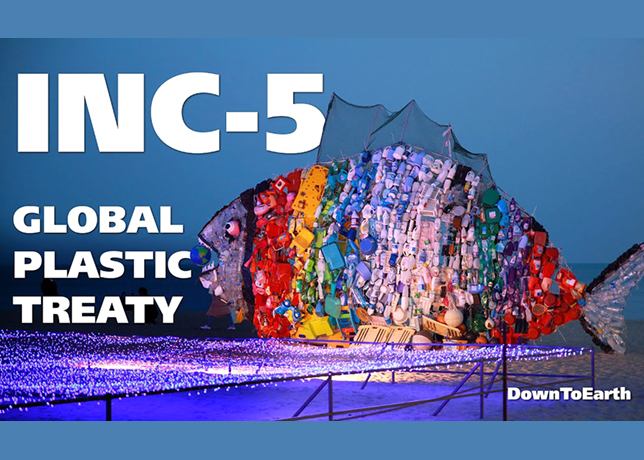
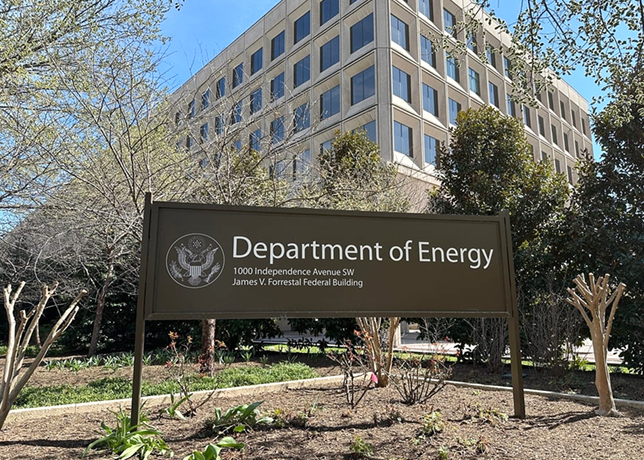

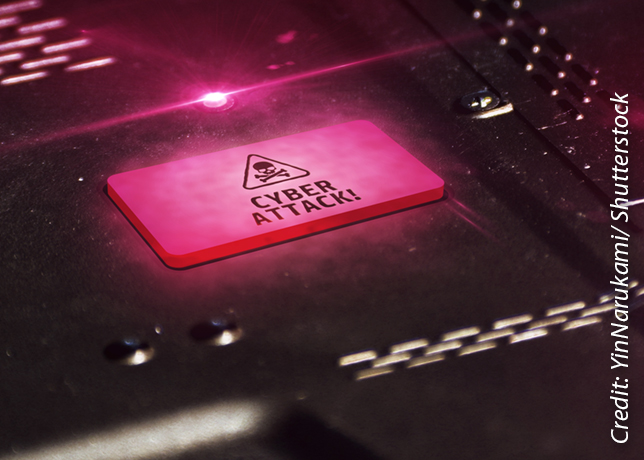
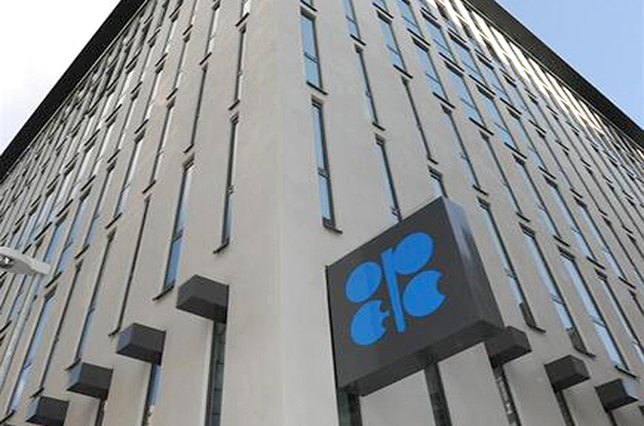

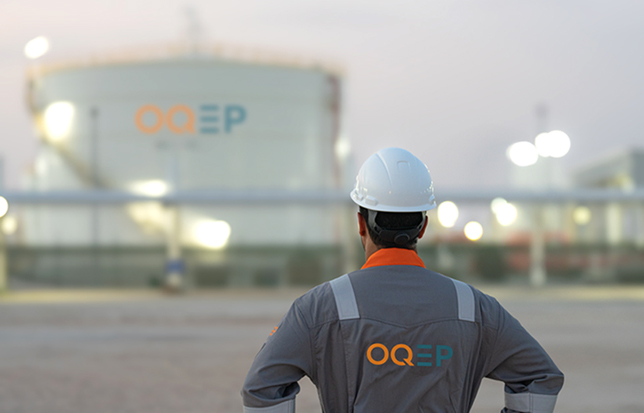
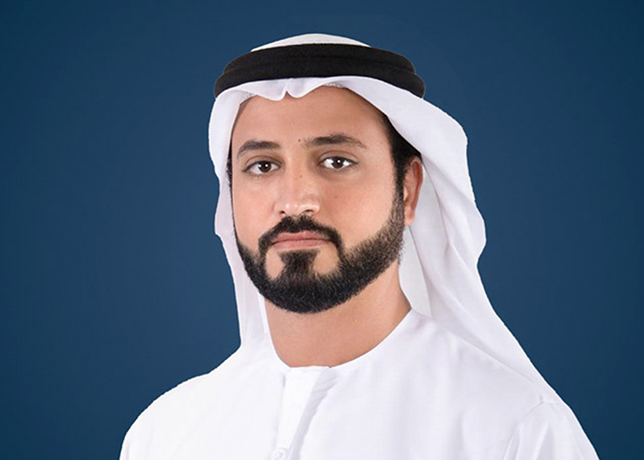
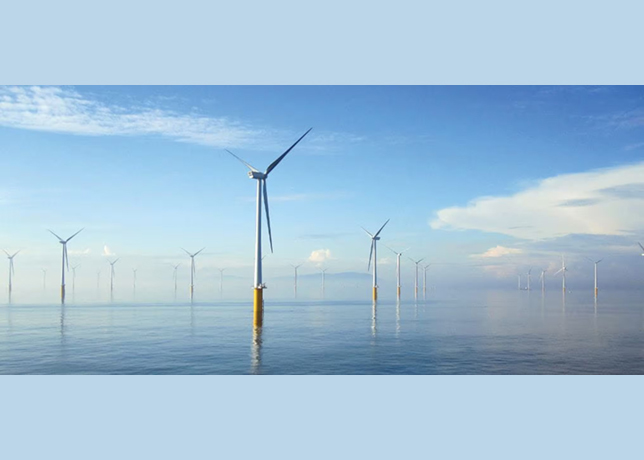
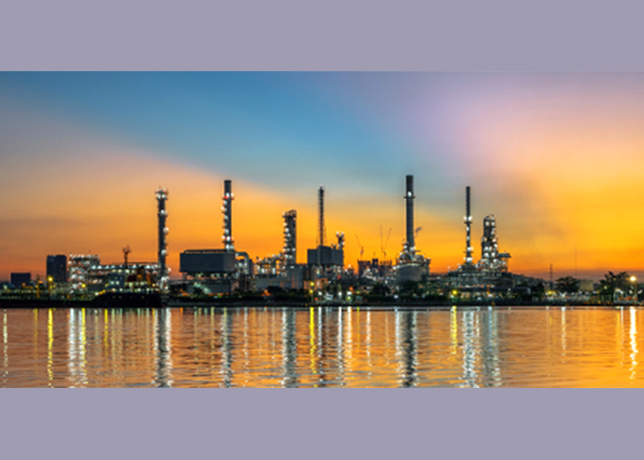






















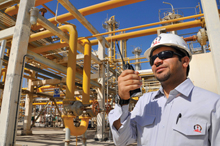
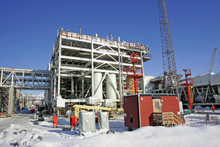
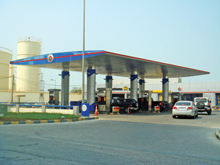
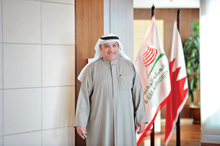
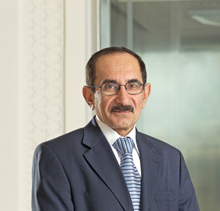
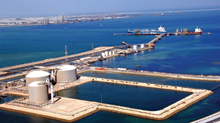
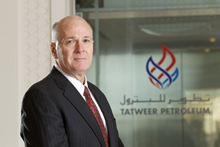
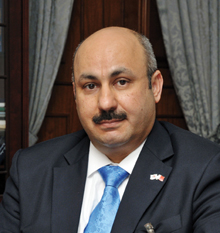
.jpg)
